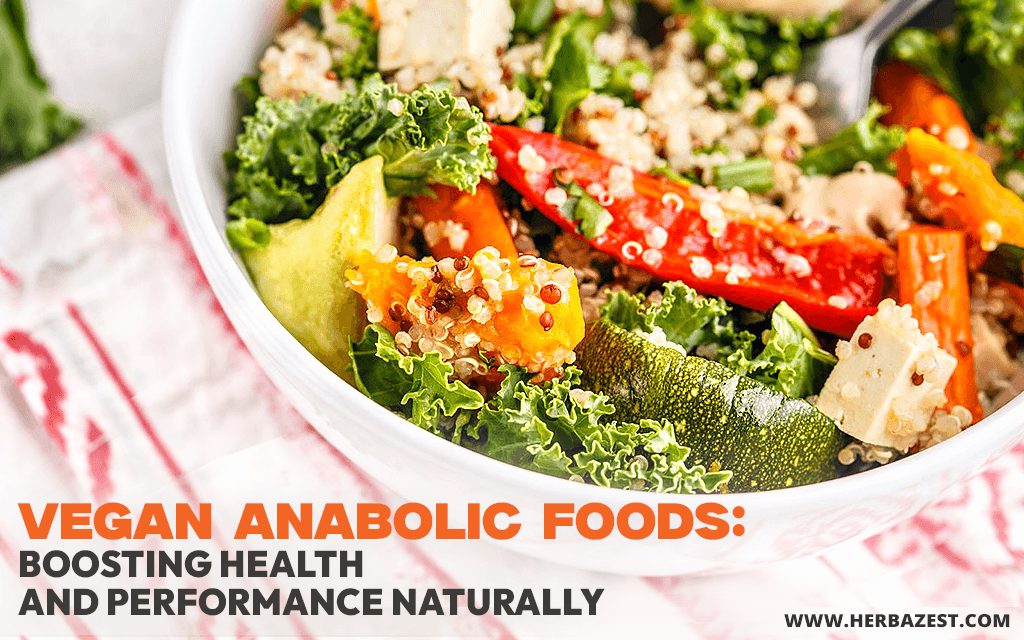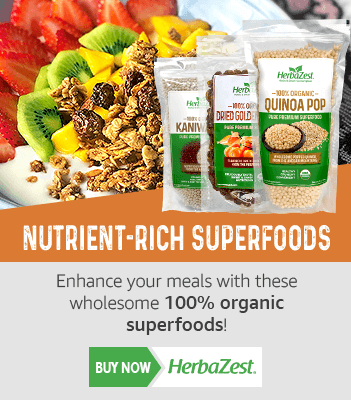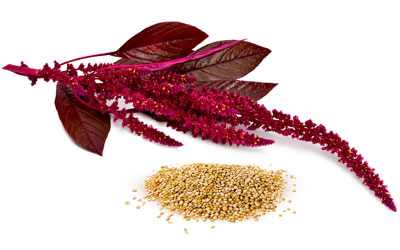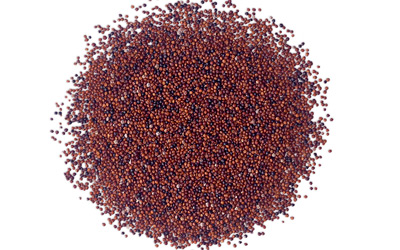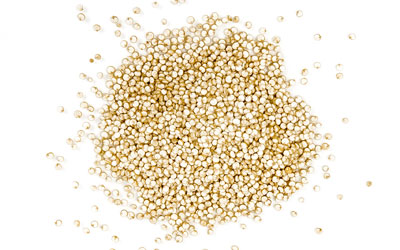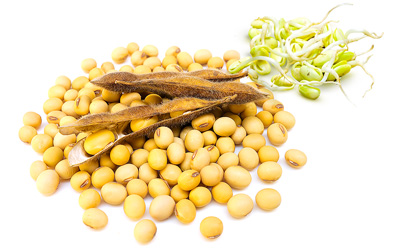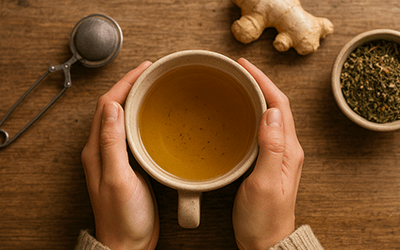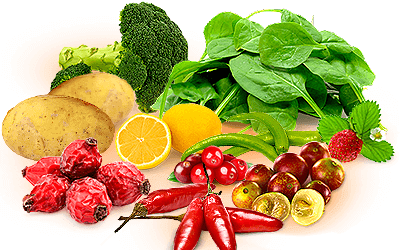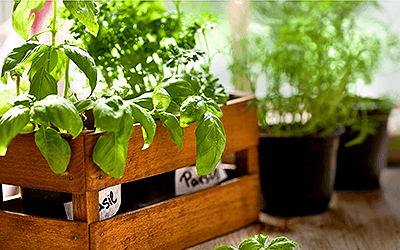Plant-based diets have become increasingly popular, largely due to growing concerns about the environment, animal welfare, and the proven harmful effects of the Western diet on overall health. Additionally, there is a rising interest in vegan bodybuilding and wholesome nutrition.
An increasing body of scientific research is pointing to vegan foods as a healthy source of energy and protein that help stimulate muscle growth and recovery while promoting endurance and athletic performance.
What Are Anabolic Foods?
Anabolic foods are those that support muscle protein synthesis and improve energy levels, helping the body recover and grow stronger after exercise. These foods typically include high-quality proteins, healthy fats, and specific micronutrients. In addition to muscle recovery, anabolic foods can also help reduce inflammation and optimize post-workout recovery.
A typical non-vegan anabolic diet includes eggs, red meat, and dairy products (like butter, cheese, and yogurt). However, a vegan diet also provides excellent sources of key nutrients, including whole grains, legumes, nuts and seeds, leafy greens, and soy-based products.
Best Vegan Anabolic Foods
People following plant-based diets can choose from a long list of anabolic foods that are particularly beneficial for muscle building and recovery. Here are some of the best vegan anabolic foods that naturally enhance health and performance:
Almonds
Almonds are a particularly rich source of plant-based protein that helps restore energy after exercise and promote the build-up of muscle mass. These tree nuts are not only high in essential nutrients, but their consumption has been shown to reduce oxidative stress and inflammation, improving physical endurance and athletic performance.1
Amaranth
Amaranth is rich in lysine, an essential amino acid that is often lacking in many other plant-based proteins. This makes it an excellent addition to vegan diets for promoting muscle growth. Amaranth is also high in dietary fiber and micronutrients, such as magnesium and iron, that support muscle function and cardiovascular health. Additionally, amaranth's polyphenols and flavonoids have powerful antioxidant properties that help fight inflammation and muscle soreness post-exercise, promoting faster recovery and enhanced performance.
Brazil Nuts
Brazil nuts are an excellent source of selenium, which may help with athletic performance and recovery by reducing oxidative stress and preventing cell damage after strenuous workouts. These tasty South American nuts can play a key role in maintaining overall health and may aid in weight management.2 The recommended daily serving of one or two Brazil nuts is enough to boost energy and cognitive performance.3
Chia Seeds
While chia seeds are best known for their high omega-3 fatty acid content, they also provide a substantial amount of protein. The combination of protein and healthy fats makes them great for muscle recovery and hormone regulation. Chia seeds can absorb up to 10 times their weight in water, helping with hydration and electrolyte balance, which is crucial for maintaining performance during long training sessions. Additionally, these tiny seeds are an excellent source of fiber, which supports digestion and provides sustained energy, helping to reduce workout fatigue.
Pistachios
These green nuts are incredibly rich in antioxidant compounds and also provide a significant amount of plant-based protein. Relatively low in carbohydrates when compared to other tree nuts, pistachios are an excellent source of B vitamins (mostly pyridoxine and thiamin) and minerals (mainly copper, manganese, and phosphorus) that support immune health and cellular metabolism. Scientific research has shown that pistachios can reduce post-workout muscle soreness and maintain muscle strength, promoting physical endurance and adaptation to training regimens.4
Quinoa
A complete protein source, quinoa provides all nine essential amino acids necessary for replenishing energy levels and building muscle, speeding up recovery after exercise. With a low glycemic index, quinoa is also high in fiber, calcium, magnesium, and iron, all of which play key roles in muscle function, oxygen transport, and tissue healing. Quinoa has also been found to protect the skin from ultraviolet radiation and oxidative damage, particularly beneficial after outdoor activities.5 Additionally, quinoa can be safely eaten by those with celiac disease or gluten intolerance.
Kaniwa
The high concentration of essential amino acids in this Andean grain, also known as "baby quinoa," supports healthy muscle mass, making it a great supplement for people following vegan or vegetarian diets. Additionally, the rich antioxidant content of kaniwa may help regulate cholesterol, hypertension, and blood sugar, reducing the risk of cardiovascular diseases.
Peas
Peas are rich in plant-based protein and fiber, helping to build muscle and sustain energy. Their slow-digesting carbohydrates support glycogen replenishment post-workout while preventing blood sugar spikes after meals. Other legumes, such as chickpeas, beans, and lentils, are also high in iron and B vitamins, which are important for energy production and preventing fatigue after intense exercise.
Tofu and Tempeh
Excellent sources of soy protein, these vegan foods contain all nine essential amino acids needed for muscle repair and growth. Because tempeh is fermented, it also provides probiotic benefits, supporting gut health and immune function.
Seitan
A highly concentrated wheat gluten source, seitan is protein-rich and a popular choice for athletes looking to boost their muscle gains. It provides some essential amino acids, though it may be low in lysine. When paired with legumes, seitan becomes a well-rounded protein source.
Additionally, whole grains, such as brown rice, oats, and buckwheat, provide long-lasting energy and fiber, promoting better digestion and sustained performance. Magnesium-rich leafy greens, like kale and spinach, support muscle function and recovery while their antioxidants help reduce oxidative stress following intense workouts.
Eating a varied combination of vegan anabolic foods daily is an effective and sustainable way to support muscle growth, performance, and recovery. Embrace the power of plant-based nutrition to boost your athletic performance and promote long-term health!
Sources
- Foods, Foods for Plant-Based Diets: Challenges and Innovations,2021
- Journal of the International Society of Sports Nutrition, Vegan diets: practical advice for athletes and exercisers
- Missouri Medicine, A Look at Plant-Based Diets, 2021
- President's Council on Fitness, Sports & Nutrition, Masters athletes face unique physiological and nutritional challenges, n/d
- Sports Medicine, The Anabolic Response to Plant-Based Protein Ingestion, 2021
- The Journal of Nutrition, A Well-Balanced Vegan Diet Does not Compromise Daily Mixed Muscle Protein Synthesis Rates when Compared with an Omnivorous Diet in Active Older Adults: A Randomized Controlled Cross-Over Trial, 2024
Footnotes
- Journal of the International Society of Sports Nutrition. (2014). The effect of almond consumption on elements of endurance exercise performance in trained athletes. Retrieved February 20, 2025, from: https://pmc.ncbi.nlm.nih.gov/articles/PMC4031978/
- Journal of Nutrition and Metabolism. (2013). A single consumption of high amounts of the Brazil nuts improves lipid profile of healthy volunteers. Retrieved February 20, 2025 from https://www.ncbi.nlm.nih.gov/pubmed/23840948
- European Journal of Nutrition. (2016). Effects of Brazil nut consumption on selenium status and cognitive performance in older adults with mild cognitive impairment: a randomized controlled pilot trial. Retrieved February 20, 2025, from: https://pubmed.ncbi.nlm.nih.gov/25567069/
- Metabolism Open. (2022). Influence of pistachios on force production, subjective ratings of pain, and oxidative stress following exercise-induced muscle damage in moderately trained athletes: A randomized, crossover trial. Retrieved February 20, 2025, from: https://pmc.ncbi.nlm.nih.gov/articles/PMC9619370/
- Scientific Reports. (2020). Proteomics reveals that quinoa bioester promotes replenishing effects in epidermal tissue. Retrieved February 20, 2025, from: https://pmc.ncbi.nlm.nih.gov/articles/PMC7655866/

